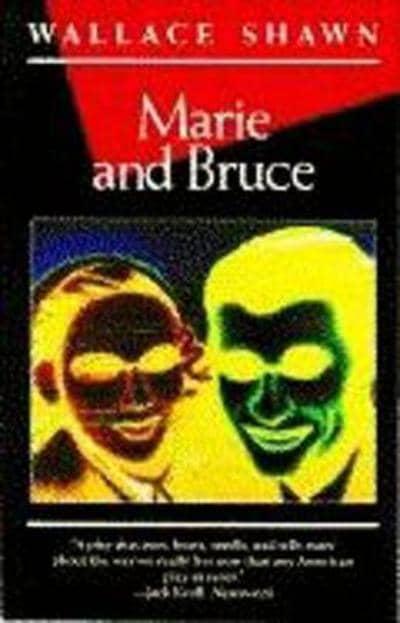
Like being a vagrant, that too come natural.` Sample this: `I think color cats got sweepin, moppin in they blood, it come natural. Jones, the bartender of the extremely shady Night of Joy bar, who speaks Black English like a bard. In these cycles of confrontations, the reader gets to meet some denizens of the city`s French Quarter. With a worldview that prescribes he must loathe and vociferously fight Protestants, Catholics, gays, heterosexuals, old people, modern people and just about everybody else, what follows is one hilarious prizefight: Ignatius Reilly vs the World. When his wild-eyed, maroon-haired mother sets the wheel of Fortuna on its downward spin by plunging them into penury and forcing Reilly to lumber out in search of a job, all of New Orleans seems to be up in arms against our man. In Reilly, you find shades of Oliver Hardy, Don Quixote, Thomas Aquinas but basically, Reilly is Reilly, incomparably unique, with the strangest sartorial sense and an even stranger worldview, one of a small clutch of protagonists in modern-day literature who simultaneously fascinate and repel the reader.

is tightly packed with colourful characters moving at a swift pace, a pace that belies the monstrous bulk of its unlikely hero Ignatius J Reilly. “ And if that doesn`t intrigue the reader immediately, I don`t know what will.Ĭonfederacy. The book`s title comes from a Swift essay: “When a true genius appears in the world, you may know him by this sign, that the dunces are all in confederacy against him. In 2019, the BBC News included the book on its list of the 100 most influential novels.īasically, the whole sequence of events stand out as a prime example of tragic irony since the author never got to see the stupendous success of his work. Reilly on the down-river side of Canal Street in New Orleans. There stands a bronze statue of the book`s hero Ignatius J.

There has been a radio adaptation of it, a musical comedy, a theatrical presentation.


Years later, (in 1980, to be precise) his mother got the book out into print and one year later, the book won a Pulitzer. John Kennedy Toole wrote this uproariously funny story in the early Sixties, met with rejection after rejection from publishers everywhere, and eventually committed suicide in sheer despair. My Wednesday Review this week is of an old favourite which has attained cult status amongst certain sections of the reading populace.Ī Confederacy of Dunces by John Kennedy Toole.įirst the backstory.


 0 kommentar(er)
0 kommentar(er)
